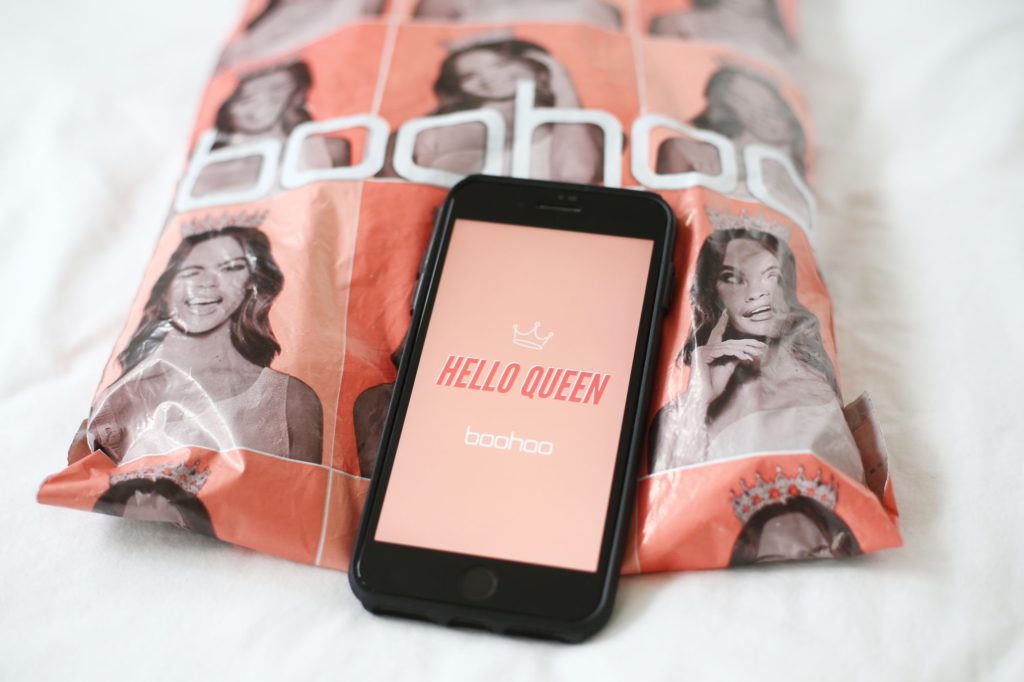(Bloomberg) —
Boohoo Group Plc shares surged after the U.K. online clothing retailer reported sales growth in line with expectations, even while struggling with frequent customer returns and supply chain pressures.
Full-year sales rose 14% and the company is set to report adjusted earnings of about 125 million pounds ($165 million), Boohoo said in a trading update Thursday. The retailer expects to continue to see higher return rates in the first half of this year.
The shares rose as much as 15% in early London trading, a second straight day of double-digit percentage gains. Even so, the stock is down by more than a quarter so far this year.
The fast fashion company slashed its earnings and sales projections in December as customers coming out of lockdown returned more clothes and the growing U.S. business was hit by supply chain disruption and freight costs. Boohoo, which owns the PrettyLittleThing brand known for its bodycon and cut-out party dresses, is also recovering from a labor supply scandal in 2020 which sparked an overhaul of governance at the e-commerce retailer.
This week Boohoo published the final report to the board from Brian Leveson, the U.K. judge hired to oversee the reform of its supply chain in 2020 after some garment suppliers were found to be paying less than minimum wage and skimping on safety. Leveson said that “very substantial steps” have already been taken “to recognise the wider picture beyond commercial success”, but he also noted that there will continue to be “challenges and difficulties” for Boohoo to address.
Before issuing profit warnings in September and December last year, Boohoo had posted strong sales growth, benefiting from the significant shift to online shopping during the pandemic. The company has been on an acquisitive streak in recent years, buying up struggling labels including Coast, Karen Millen, Oasis and the Arcadia Group Ltd. brands Dorothy Perkins, Burton and Wallis.
Boohoo is among retailers that have suspended operations in Russia after the invasion of Ukraine. The Manchester-based company previously sold to Russian shoppers via its website, though sales only accounted for less than 0.1% of group revenues.
(Updates with Leveson report from fourth paragraph.)
More stories like this are available on bloomberg.com
©2022 Bloomberg L.P.











